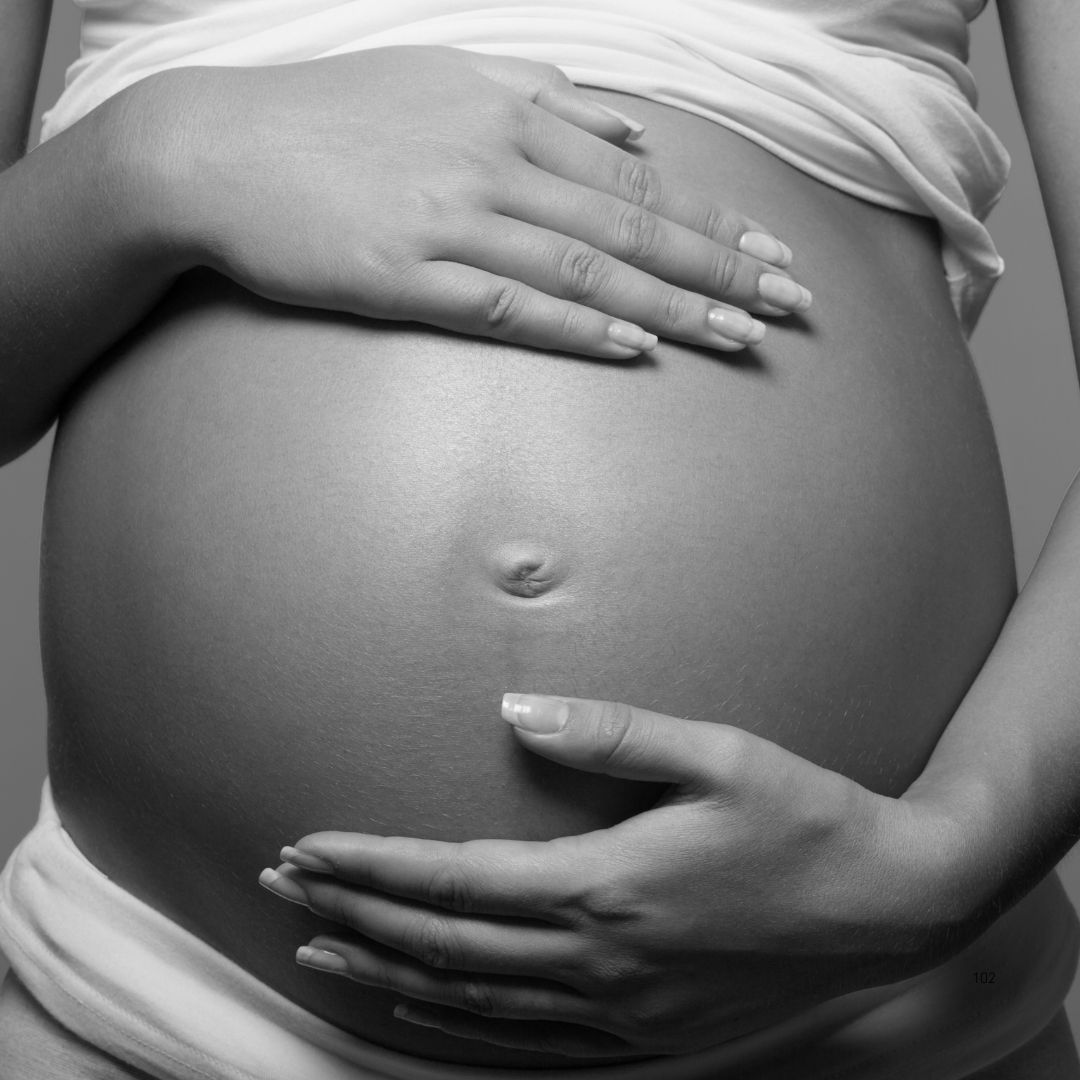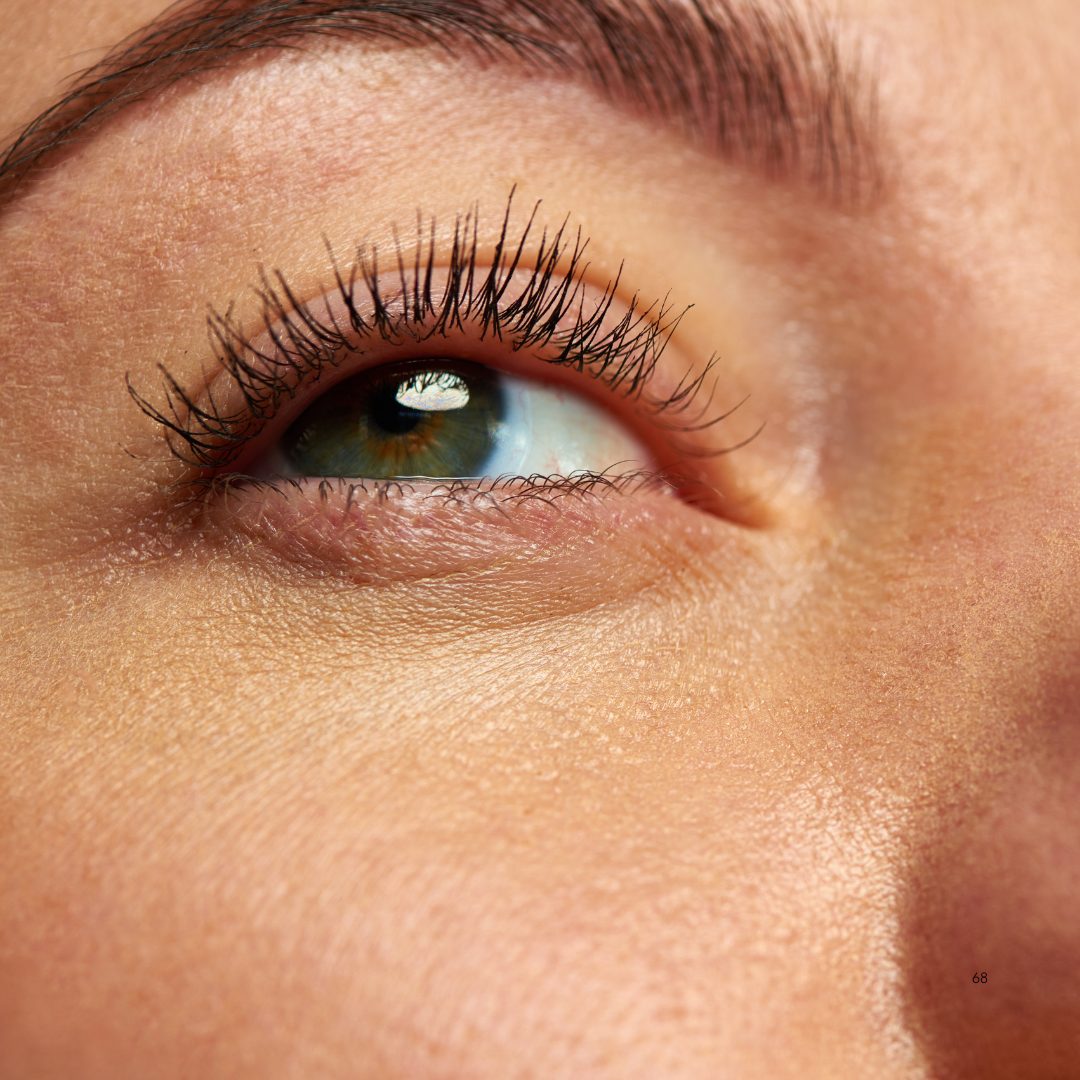Hormonal changes during pregnancy can cause flares of acne, rosacea, pigmentation and periorificial dermatitis. Or it can trigger these problems to occur for the first time in some women. The psychological impact of dermatological conditions must never be underestimated; they can have a real impact on self-esteem and confidence. Not to mention the pain and discomfort of these conditions too! Whilst we do have to avoid some topicals like retinols, retinoids and hydroquinone during pregnancy, it is possible to treat these conditions in the antenatal period; you don’t have to suffer through 9 months of pain and discomfort. Let’s run through some pregnancy safe skin care:
- Azelaic Acid. Over the counter versions include products from The Inkey List and Boots. On prescription there’s 15% Azelaic Acid (Finacea) and 20% Azelaic Acid (Skinoren). The beauty of Azelaic Acid is that it’s not only safe during pregnancy but it’s a multi-purpose ingredient too; it’s a treatment for acne, rosacea and periorificial dermatitis. It also has skin brightening properties so can be useful for tackling pigmentation too.
- Glycolic Acid is an alphahydroxyacid (AHA) that’s safe for use during pregnancy. It gently exfoliates the skin so is helpful for acne breakouts. It also has skin brightening making it useful for pigmentation too. Sunday Riley and Skinceuticals do nice glycolic acid products.
- The American Academy of Dermatologists states that in low doses, and in limited amounts, that Benzoyl Peroxide and Salicylic Acid are safe to treat acne during pregnancy. If you’d like to use either of these products whilst pregnant, discuss it with your doctor first.
- Dry skin is common during pregnancy too. For hydration, and safe for use in pregnancy, I love hyaluronic acid. It draws water in to the skin to give an almost instant dewier, bouncier appearance to the skin. Q+A Skincare and Image Skincare both do great hyaluronic acid serums.
- What about pregnancy safe supplements for skincare? Omegas support hair, skin and nail hydration and are pregnancy safe. Folic Acid during pregnancy no only reduces the risk of neural tube defects like Spina Bifida in the unborn baby, it also supports hair growth too. What about oral collagen peptides? Whilst there are no studies specifically examining collagen supplements during pregnancy, these supplements are broken down proteins and we know for sure that protein is safe in pregnancy. Like all supplements during pregnancy, discuss with your doctor first.
- Last, but of course not least, don’t forget sunscreen. This is key to limit pigmentation during pregnancy. Wear it everyday; indoors or outdoors, rain, hail or shine! UV rays can penetrate through clouds and windows to induce photodamage to our skin. No where is safe ha ha. So which sunscreen is best for pregnancy? The one you use! There’s no need to change your sunscreen if you like the one you’re already using. Some people ask me if they need to avoid organic sunscreens during pregnancy due to the tiny amount that’s absorbed to the blood stream when applied; to date, there’s no evidence that organic sunscreens are harmful in pregnancy. With that said, some women prefer to use an all mineral sunscreen whilst pregnant. The La Roche Posay Anthelios Mineral SPF Moisturiser with Hyaluronic Acid is a nice one to go for if you prefer all mineral.





